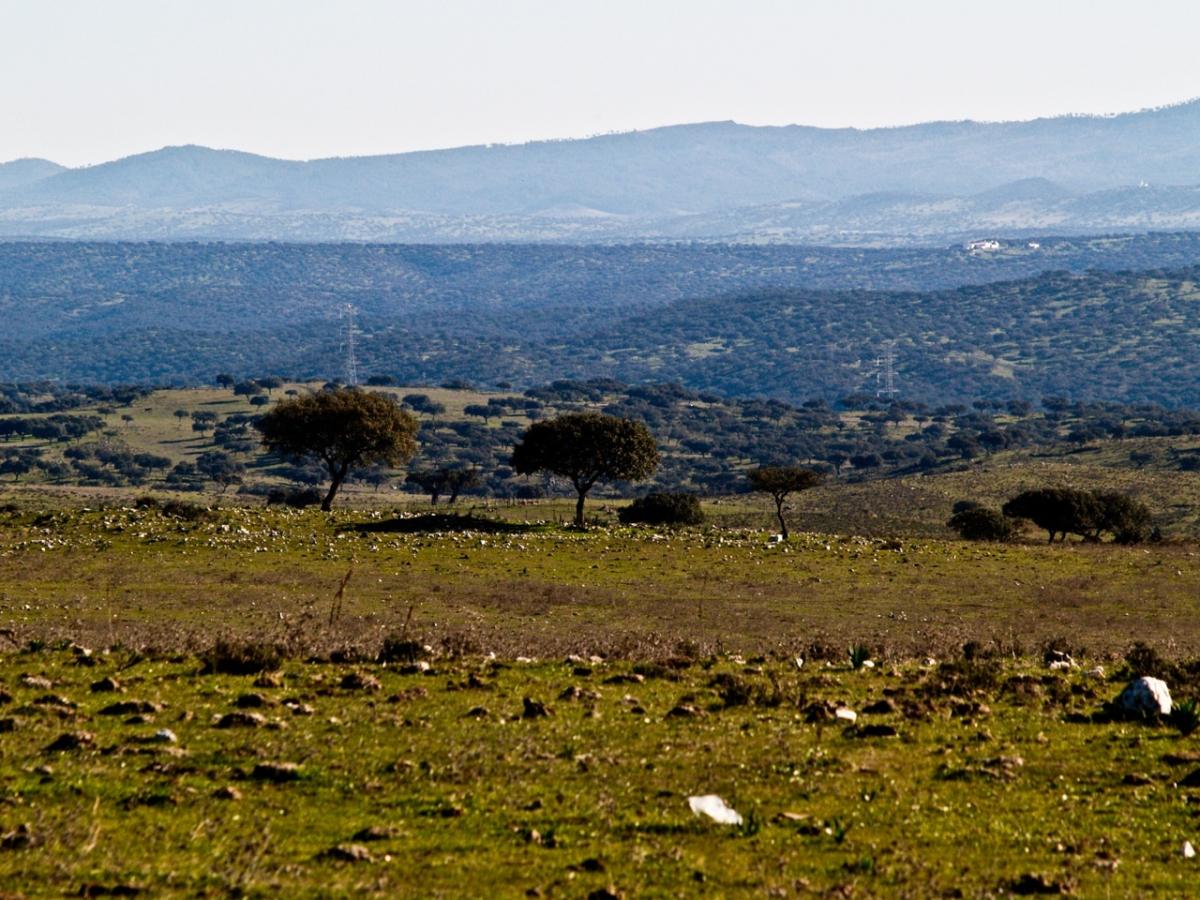Small scale farmland in Alentejo
This is an approach to farming where agricultural activities are primarily undertaken for personal or recreational reasons, rather than as a major source of household income. In Alentejo, the small scale former farms, located in the surrounding zone of most localities, are particularly attractive for these new-comers to settle. Such farm units ceased being viable for a family to leave on the land decades ago. This means that they are often managed by people who have another job, as their size makes it possible to manage them during holidays, weekends and free time. They are also located close to small towns and villages, which makes it easy for newcomers to organize family life. As well as this, they are more affordable than the latifundia that otherwise dominates the region.
Despite the attractiveness of these small scale properties, the phenomenon of changing property ownership and changing management style, is yet poorly studied. And despite the fact that often, full time farming is no longer present in these areas, the farming landscape is maintained in a similar fashion. Many questions arise that the Portuguese case-study will help replying: what are the motivations of these new comers, and how much is farming important in their land management ? How are they interacting with other owners, and how and how much are they organized ? How much does this new type of land owners influences decisions on the land, taken at the local and regional scale ?

Image: Montado landscape (area of study), Portugal (courtesy of Portuguese team)




